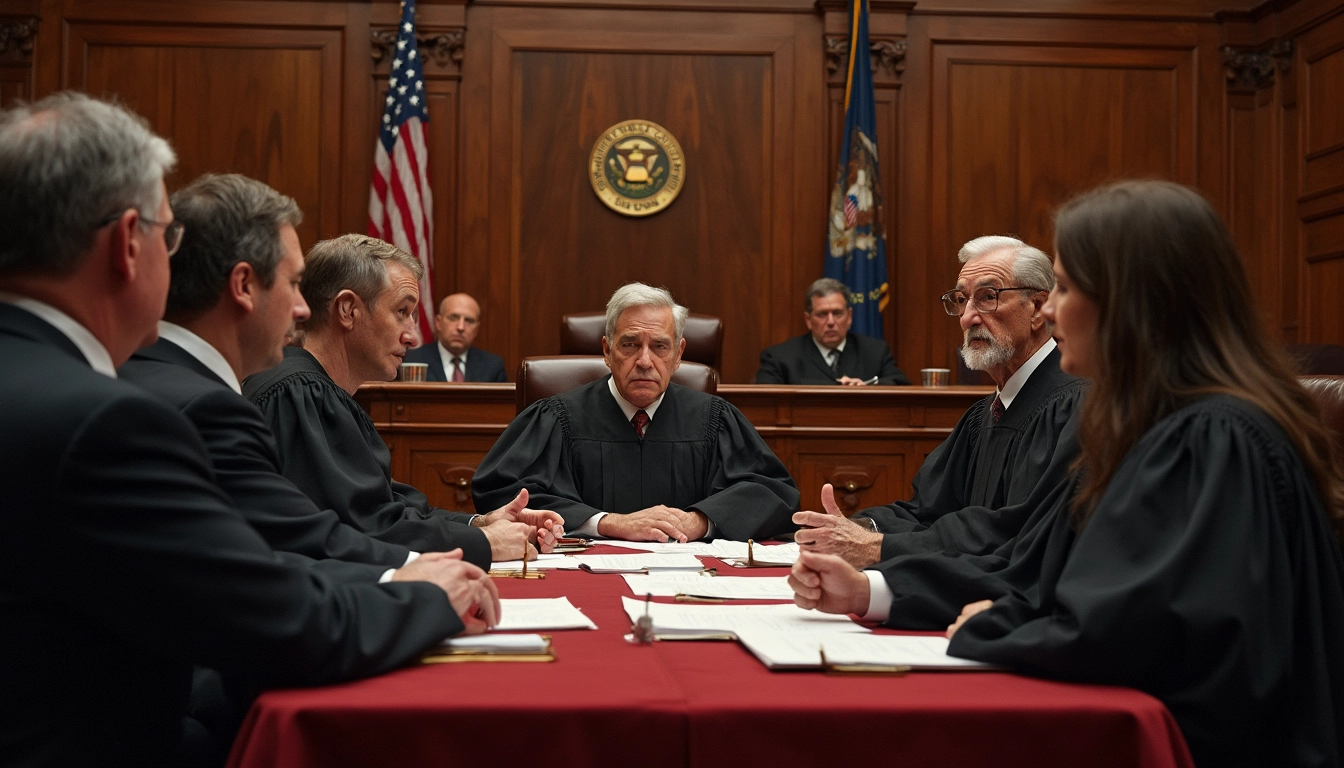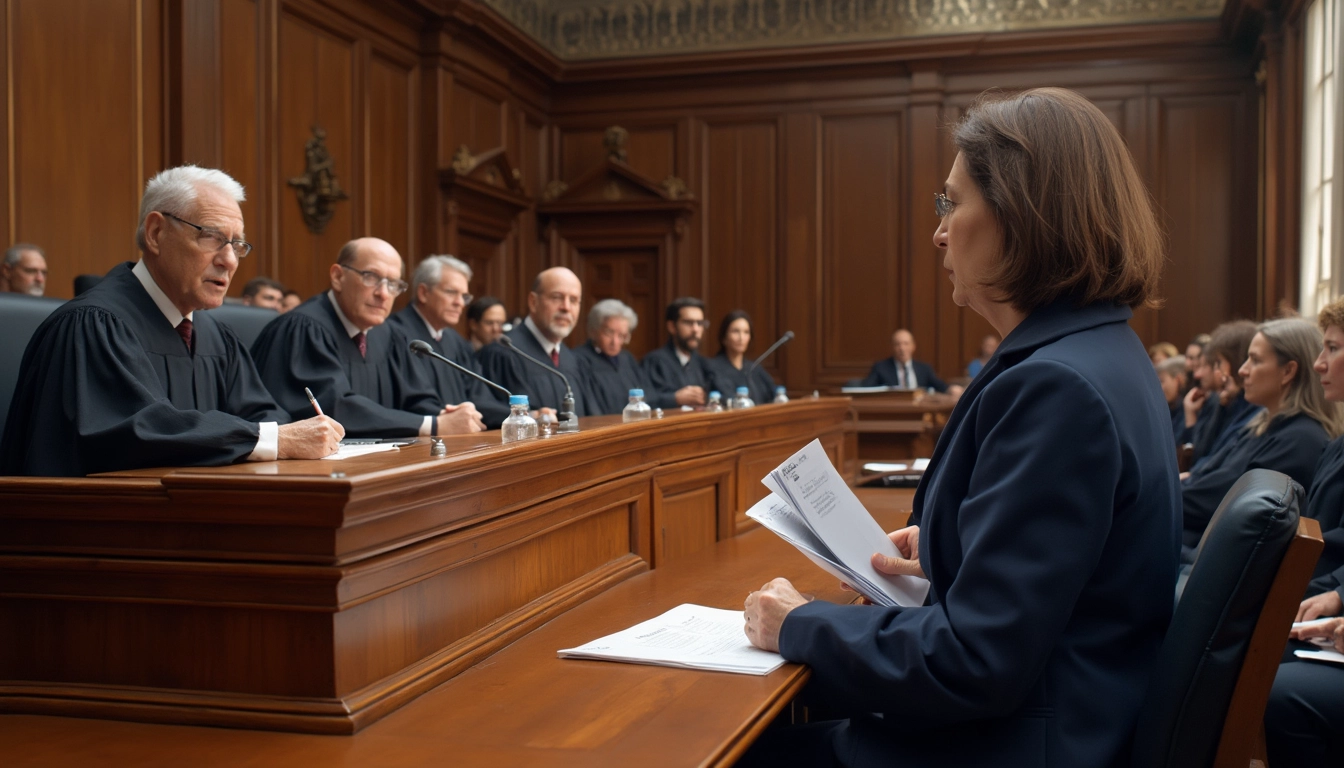
TikTok Ban-or-Sale Law: Supreme Court to Review National Security vs Free Speech
The Supreme Court is preparing to review a contentious piece of legislation that mandates the ban or sale of TikTok in the U.S. unless certain conditions are met. With oral arguments slated for early 2025, this case will determine how national security concerns are weighed against free speech rights, especially in the context of a platform used by 170 million Americans.
Table of Contents
Key Takeaways
- The Supreme Court’s decision will possibly set a precedent for regulating social media and balancing national security with free speech.
- A controversial law passed in April 2024 mandates TikTok’s sale from ByteDance or a ban from app stores and web-hosting services.
- Classified congressional briefings raised national security concerns regarding TikTok.
- The ongoing debate involves TikTok’s potential First Amendment violations against national security threats.
- TikTok’s influence on public perception highlights the importance of its content moderation practices.
Background of the Case
The Supreme Court’s agreement to review the so-called “TikTok ban-or-sale law” stems from longstanding national security risks associated with ByteDance, the Chinese company that owns TikTok. The legislation, passed by Congress in April 2024, demands the divestment of TikTok from ByteDance. If the divestiture does not occur by January 19, 2025, TikTok will be prohibited from app stores and web-hosting services across the United States. Insights into the level of threat TikTok poses were gleaned from classified congressional briefings, which stirred enough concern to propel this law forward.
National Security Concerns vs. Free Speech
The core issue lies in the balance between national security and free speech. Six legal scholars argue that the law potentially violates First Amendment protections, potentially suppressing the free speech of TikTok’s 170 million users in the U.S. Despite these arguments, a U.S. federal appeals court upheld the law’s legality, suggesting it does not infringe upon constitutional protections. However, TikTok’s immediate response included filing an emergency motion to block this proposed sale or ban, citing potential substantial harm to both users and businesses reliant on the platform.

TikTok’s Role and Modifications
Beyond its entertainment value, TikTok substantially influences public perception and political discourse, making its operational practices a topic of keen interest. The app employs both automated and human moderation systems for content, managed by regional teams specifically for U.S. users. A proposed National Security Agreement included measures like “trusted third party” evaluations and even a “kill switch” option to meet government scrutiny. Skin the surface of these agreements, and they reflect how vital an app like TikTok remains in discussing national security and internet freedom.
The Future Awaits the Supreme Court’s Decision
As January 10, 2025, approaches, observers and stakeholders await the Supreme Court’s review of this significant matter for what it means for the future of social media platforms and free expression. Beyond affecting TikTok specifically, the decision will offer guidance on how similar cases may be handled in the future. This case presents a pivotal moment for social media regulation, setting the regulations bar for how the mixt of security measures and free speech concerns are managed within digital spaces.
In the interim, businesses and users alike must consider alternative strategies, potentially utilizing automation services available from entities like Latenode. Such platforms can aid individuals and corporations in adapting their digital activities while maintaining efficiency and engagement.
Sources:
Virginia Tech



5 thoughts on “TikTok Ban-or-Sale Law: Supreme Court to Review National Security vs Free Speech”